The Qur’an says: “And give Zakat and loan Allah a goodly loan. And whatever good you put forward for yourselves – you will find it with Allah (in the hereafter). It is better and greater in reward.”
(Surat Al-Muzammil 73:20).

Every year, Muslims are obligated to fulfill their Zakat, a mandatory charitable donation. The term “zakat” in Arabic means “to purify,” indicating that the act of paying Zakat results in the purification of wealth. It is not a voluntary charitable contribution but rather an essential religious obligation that Muslims must perform correctly.
The amount of Zakat one must pay is determined by their individual wealth and can only be distributed to a specific set of people. Although it is commonly associated with charitable giving, the recipients of Zakat are limited to specific categories, including the poor, the needy, those in debt, those in bondage, and the wayfarer. Through this act of mandatory giving, Muslims demonstrate their commitment to caring for those in need and helping to reduce poverty in their communities.
Those eligible for Zakat fall under eight categories:
While there are eight distinct categories for Zakat recipients, not everyone qualifies to receive it. It’s worth noting that there are additional rules regarding who may or may not receive Zakat. For instance, immediate family members, such as children, parents, and grandparents, are exempt from Zakat payments as it’s their responsibility to take care of them.
In terms of spouses, a husband is not allowed to pay Zakat to his wife, but the opposite holds true. A wife may pay Zakat for her husband if he falls under one or more of the eight categories, as it’s the husband’s duty to provide for his wife, not the other way around.
It’s also important to note that Zakat funds cannot be used for constructing mosques. By adhering to these rules, we can ensure that Zakat is distributed to those who need it most, in accordance with Islamic principles.
Although meeting the Nisab threshold for a full lunar year is the primary requirement for paying Zakat, there are additional categories that individuals must satisfy to be obligated to pay Zakat.
These categories include the following:
The Nisab is the threshold or minimum level of wealth that one must possess to be obliged to pay Zakat. It serves to ensure that individuals do not give more than what they can afford, and it is determined by the prevailing market values of gold and silver.
Currently, the Nisab threshold is calculated as follows:
However, due to the fluctuating prices of these precious metals, the Nisab threshold may vary over time.
There is no fixed deadline for the payment of Zakat, but it must be paid annually. It becomes obligatory for an individual to pay Zakat once they meet the Nisab threshold and maintain it for a full lunar year.
Zakat can be paid at any point during the year, including before, during, or after Ramadan. Many Muslims opt to give their Zakat during Ramadan, as it is a time when the rewards for charitable deeds are believed to be multiplied. Additionally, all adults with excess food must pay Zakat al-Fitr (also known as Fitrana) during Ramadan.
Zakat al Fitr, also known as Fitrana, is an essential form of charity that is different from Zakat. While Zakat is an obligatory annual payment of a certain percentage of one’s wealth to the poor and needy, Zakat al Fitr is a separate charitable obligation that is specifically associated with the month of Ramadan. It is to be paid by the head of the household on behalf of every member of the family, including children and the elderly, before the Eid prayer. The purpose of Zakat al Fitr is to provide the less fortunate with the means to celebrate Eid and to purify the fasting person from any shortcomings during Ramadan. By fulfilling this obligation, we can assist in the betterment of our communities and ensure that everyone has a joyous and blessed Eid while also fulfilling our duty of giving Zakat.
Opinions differ on who can receive Zakat al-Fitr. Some scholars say only the poor and needy qualify, while others argue that those eligible for Zakat can receive it too. Nonetheless, the primary purpose of Zakat al-Fitr is to aid those who struggle financially, especially during Eid celebrations.
As the building of a Mosque does not fall under one of the 8 aforementioned categories, Zakat donations cannot be used in this regard.
Again, as educational establishments don’t fall under the 8 categories, they are not eligible to receive Zakat donations. However, anyone associated with a school system – such as teachers or students – is qualified to receive Zakat if they meet the nisab threshold.
The Qur’an prohibits Hashimis (descendants of Prophet Muhammad ﷺ) from accepting Zakat or other charitable contributions, even if they are in a state of poverty. If a person is a Syed/Shareef and encounters financial hardship, they may receive assistance from their fellow Muslims in the form of a gift without it being considered an act of charity. As long as the aid is not perceived as a form of charity, it is permissible under Islamic law.
Zakat does not take into account family homes and business premises. However, any land that generates income (e.g. a rented property) is regarded as an asset; therefore, Zakat applies to the generated income.
In the same vein, land bought with the intention of being sold is deemed commercial property, and Zakat applies accordingly. The Zakat payable will be calculated based on the land’s value.
Your immediate family members, such as your spouse, children, parents, and grandparents, are ineligible to receive your Zakat. However, your other relatives, such as uncles and aunts, may receive your Zakat, provided that they fall beneath the nisab threshold.
Human Concern International delivers your Zakat to the neediest worldwide. We also offer an online Zakat Calculator, allowing you to easily work out how much Zakat you are required to pay. Be sure to check it out and look at the projects we run, helping thousands around the world.
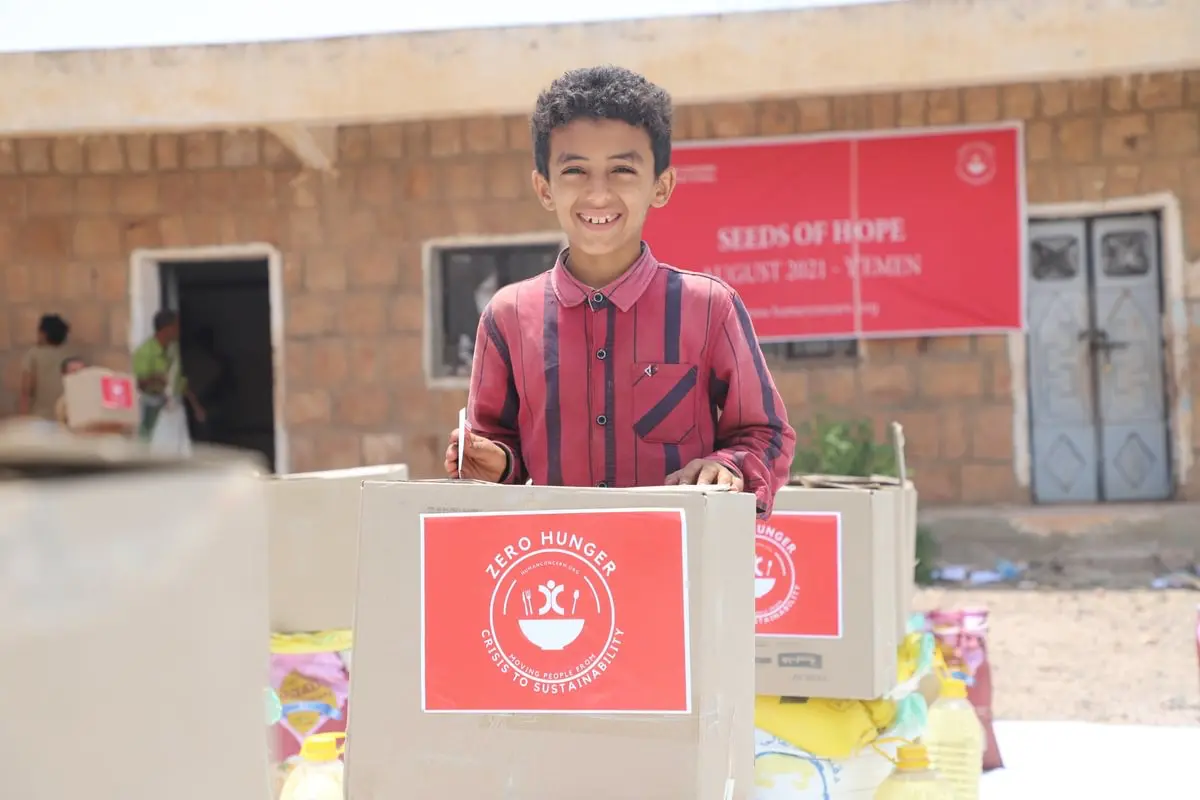
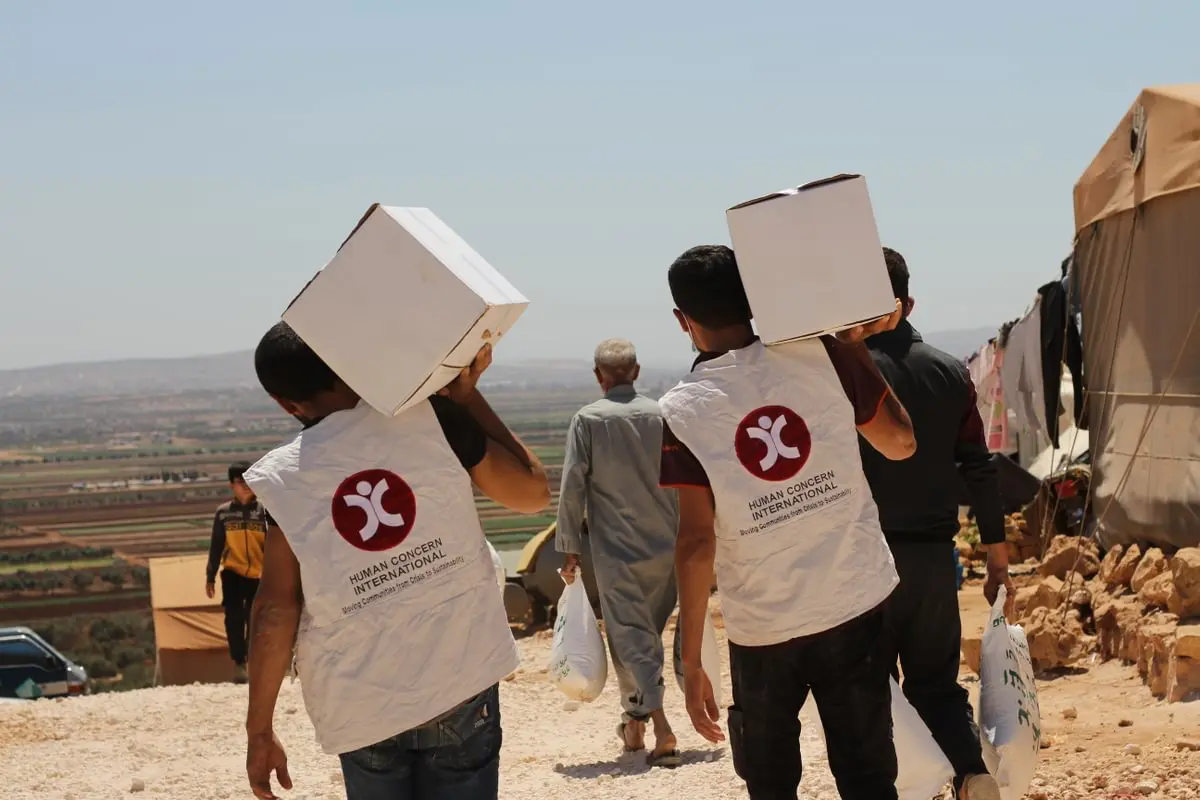

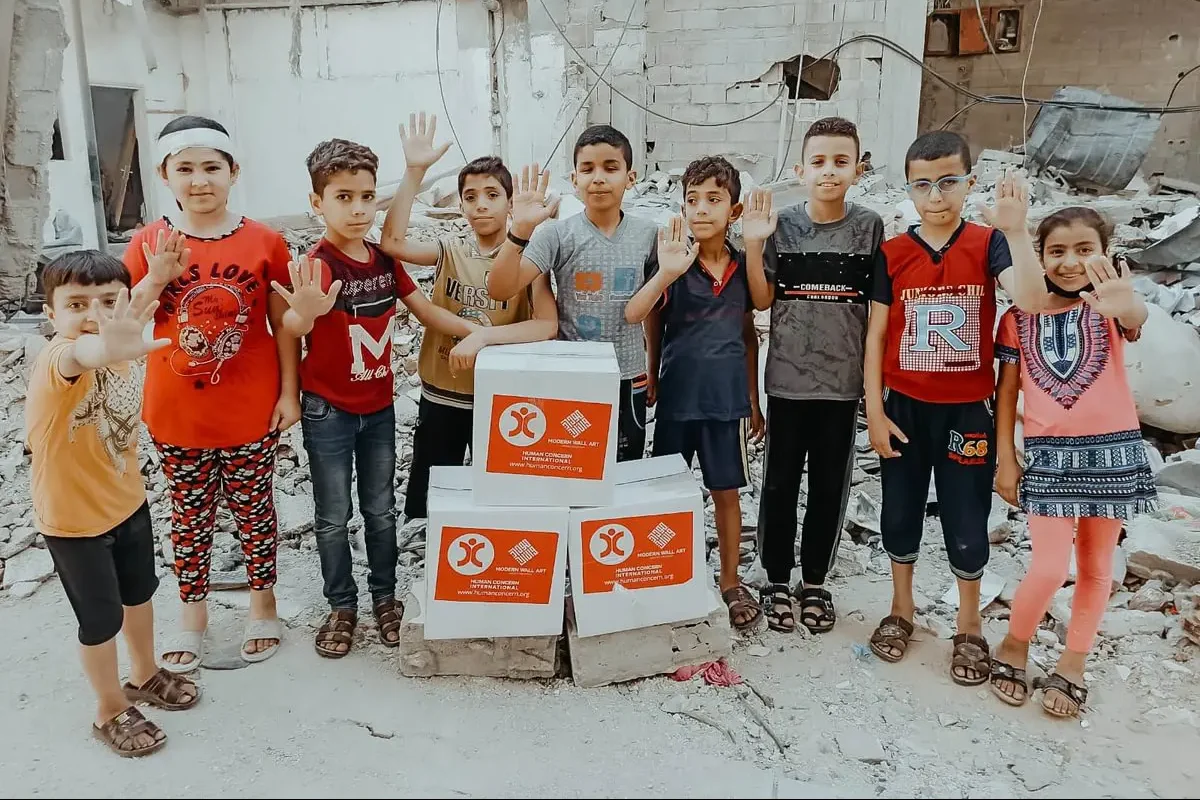

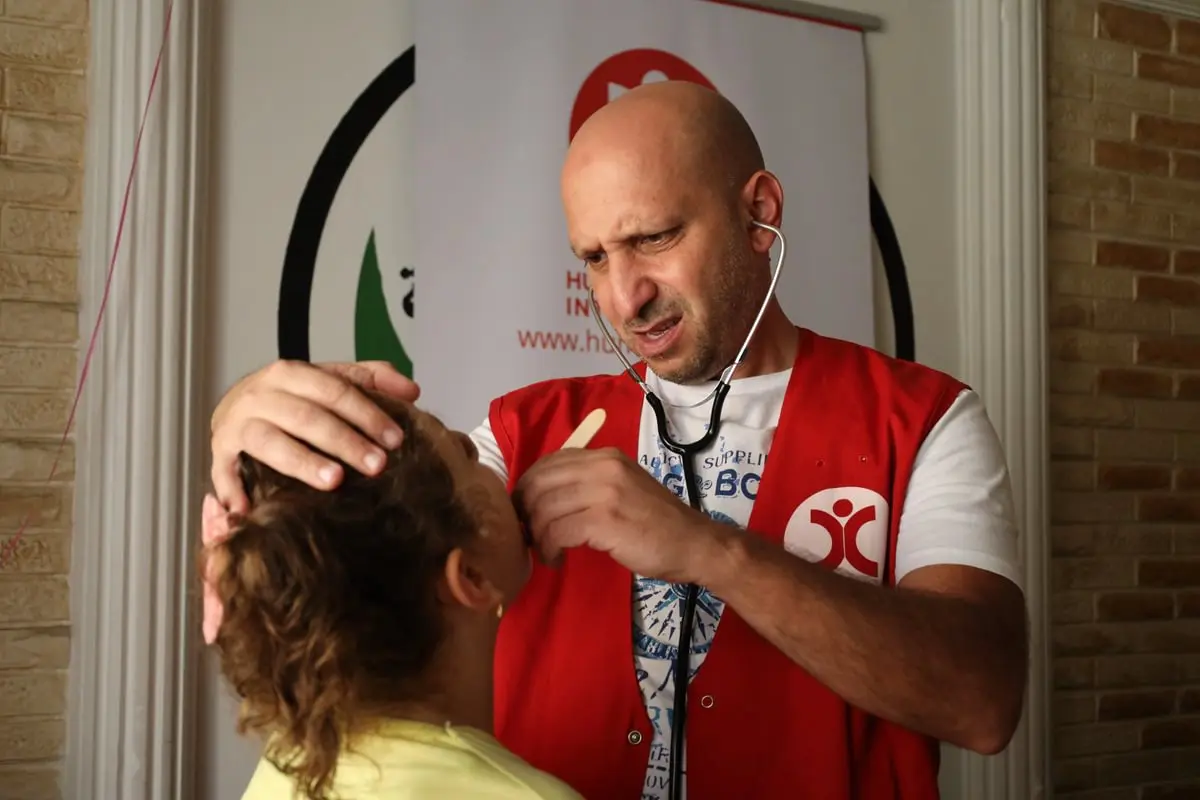
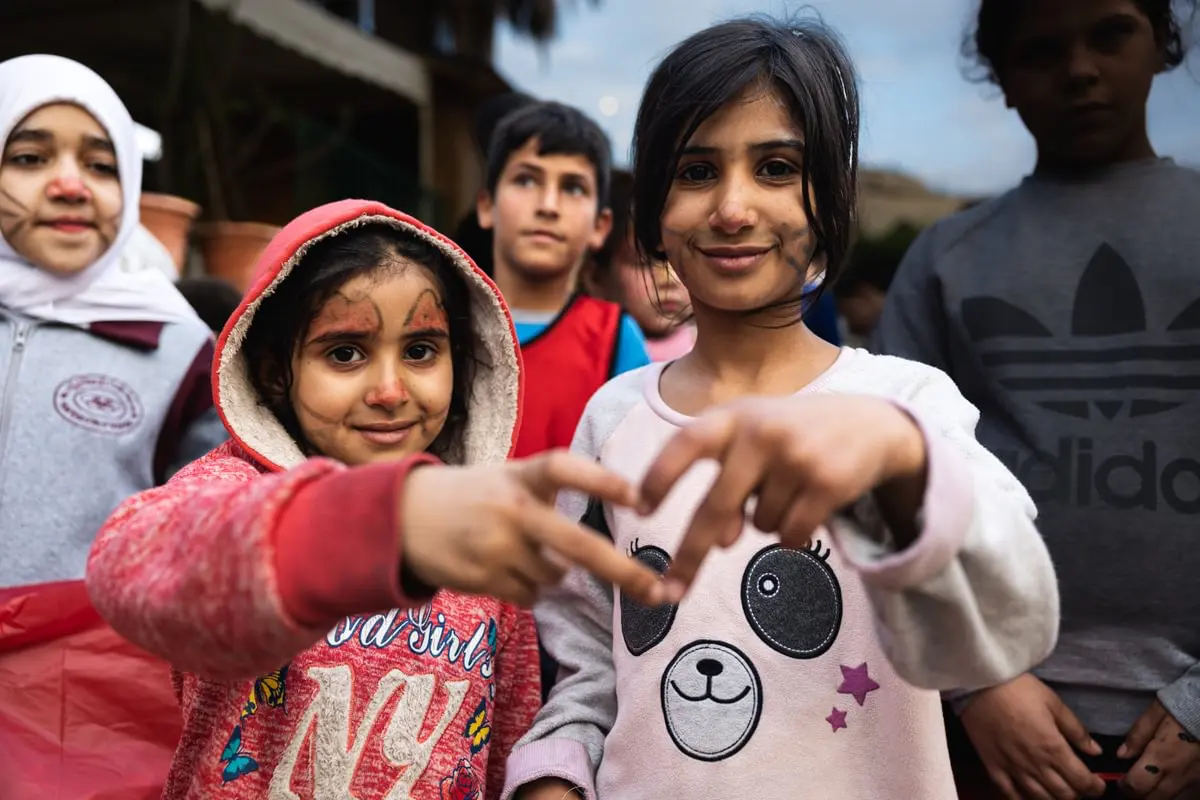
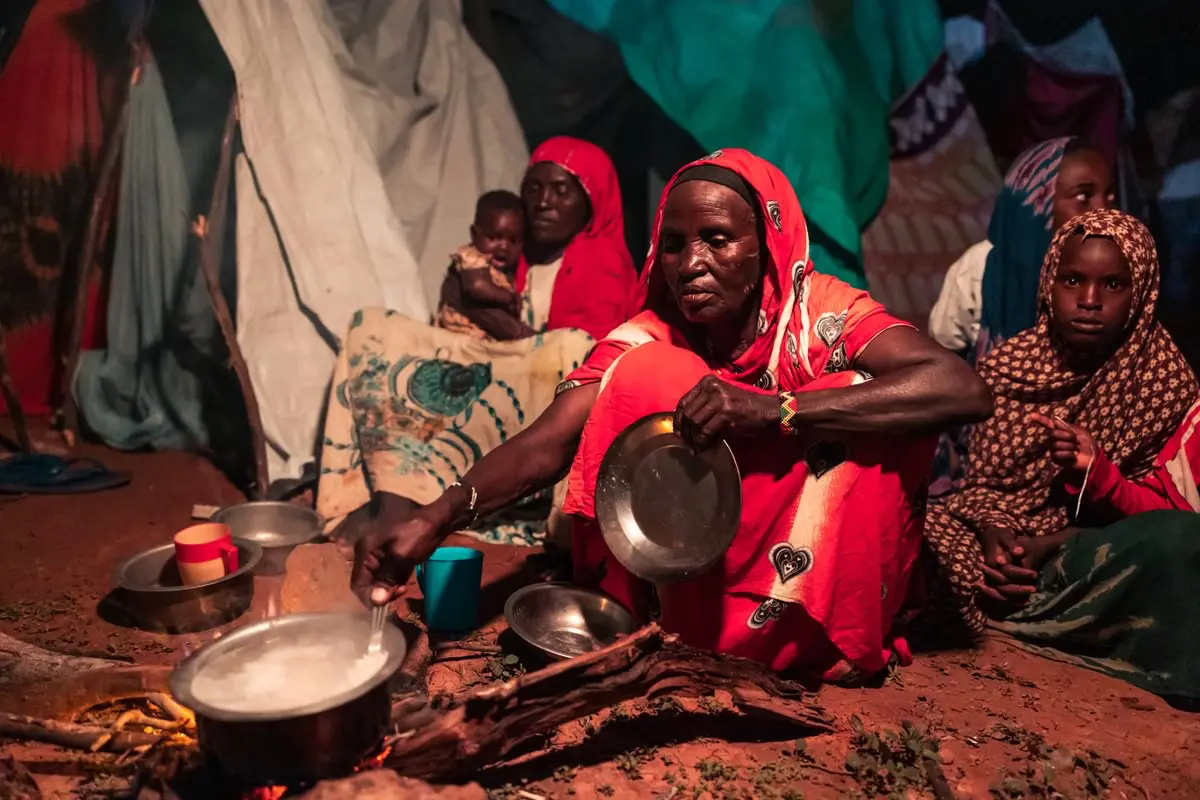
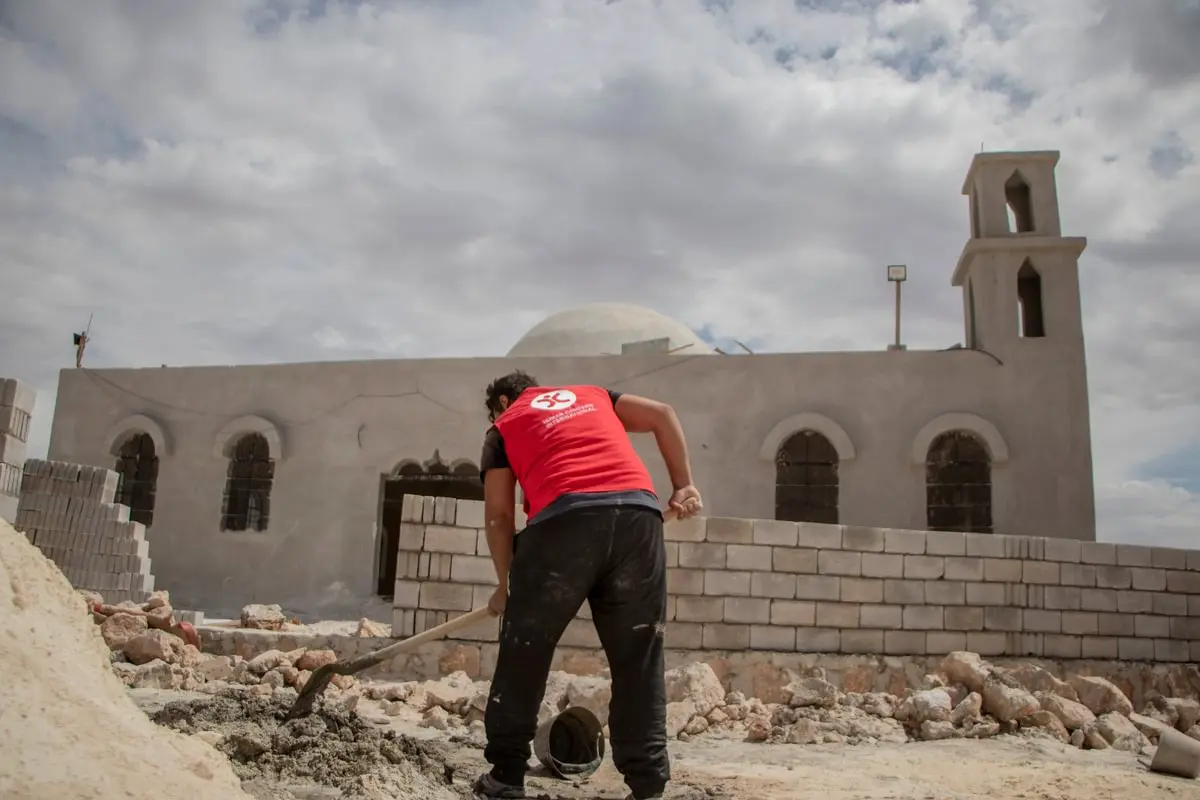
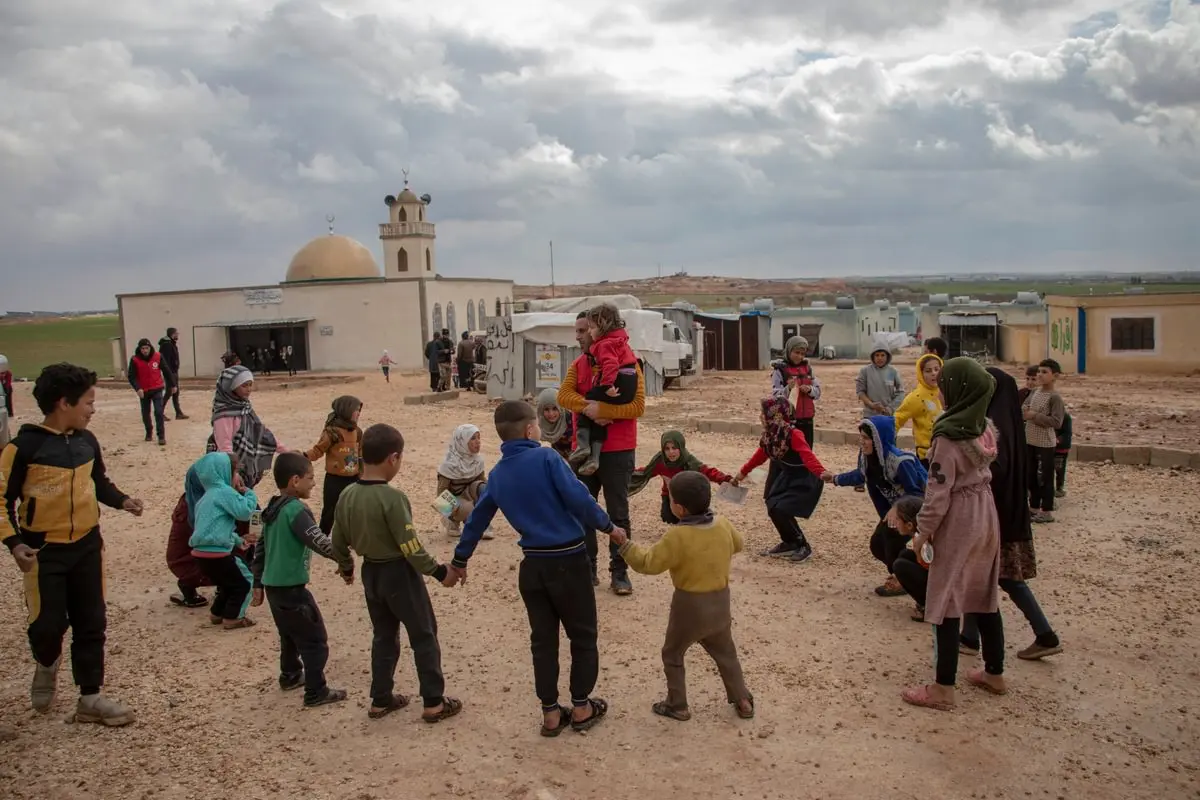


Human Concern International is the oldest Muslim relief organization in Canada, fighting poverty for over 40 years. We are a registered charity with the CRA. Charitable Registration No. 107497125 RR 0001